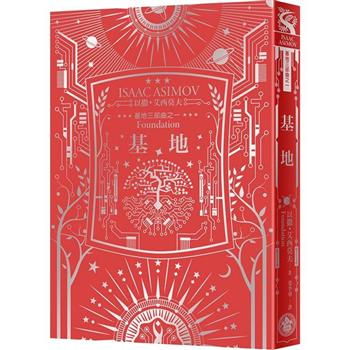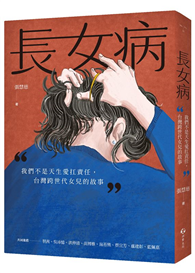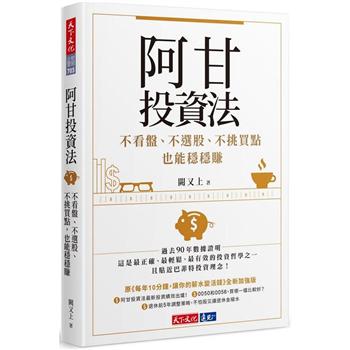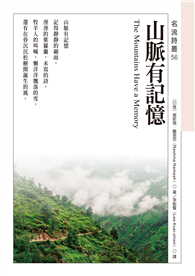John Buchan, 1st Baron Tweedsmuir PC GCMG GCVO CH (26 August 1875 - 11 February 1940) was a Scottish novelist, historian and Unionist politician who served as Governor General of Canada, the 15th since Canadian Confederation. After a brief legal career Buchan simultaneously began both his writing career and his political and diplomatic career, serving as a private secretary to the colonial administrator of various colonies in Southern Africa. He eventually wrote propaganda for the British war effort in the First World War. Buchan was in 1927 elected Member of Parliament for the Combined Scottish Universities, but he spent most of his time on his writing career, notably writing The Thirty-Nine Steps and other adventure fiction. In 1935, he was appointed Governor General of Canada by King George V, on the recommendation of Prime Minister of Canada Richard Bennett, to replace the Earl of Bessborough. He occupied the post until his death in 1940. Buchan proved to be enthusiastic about literacy, as well as the evolution of Canadian culture, and he received a state funeral in Canada before his ashes were returned to the United Kingdom. Buchan was the first child of John Buchan-a Free Church of Scotland minister-and Helen Jane Buchan. Born in Perth, Buchan was brought up in Kirkcaldy, Fife, and spent many summer holidays with his grandparents in Broughton, in the Scottish Borders. There he developed a love of walking, as well as for the local scenery and wildlife, which often featured in his novels; the name of a protagonist in several of Buchan’s books-Sir Edward Leithen-is borrowed from the Leithen Water, a tributary of the River Tweed. After attending Hutchesons’ Grammar School, Buchan was awarded a scholarship to the University of Glasgow at age 17, where he studied classics, wrote poetry, and became a published author. With a junior Hulme scholarship, he moved on in 1895 to study Literae Humaniores (the Oxonian term for the Classics) at Brasenose College, Oxford, where his friends included Hilaire Belloc, Raymond Asquith, and Aubrey Herbert. Buchan won both the Stanhope essay prize, in 1897, and the Newdigate Prize for poetry the following year, as well as being elected as the president of the Oxford Union and having six of his works published. It was at around the time of his graduation from Oxford that Buchan had his first portrait painted, done in 1900 by a young Sholto Johnstone Douglas.












